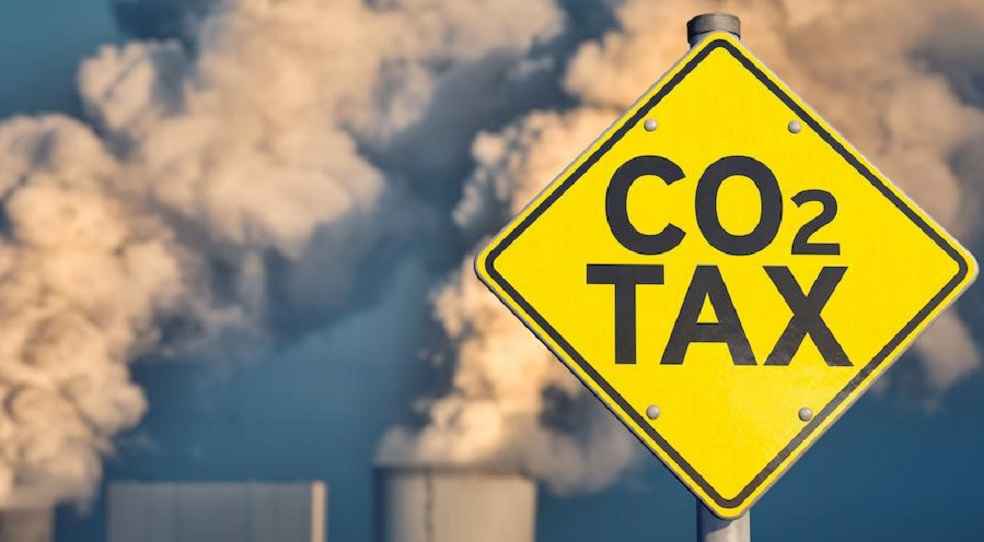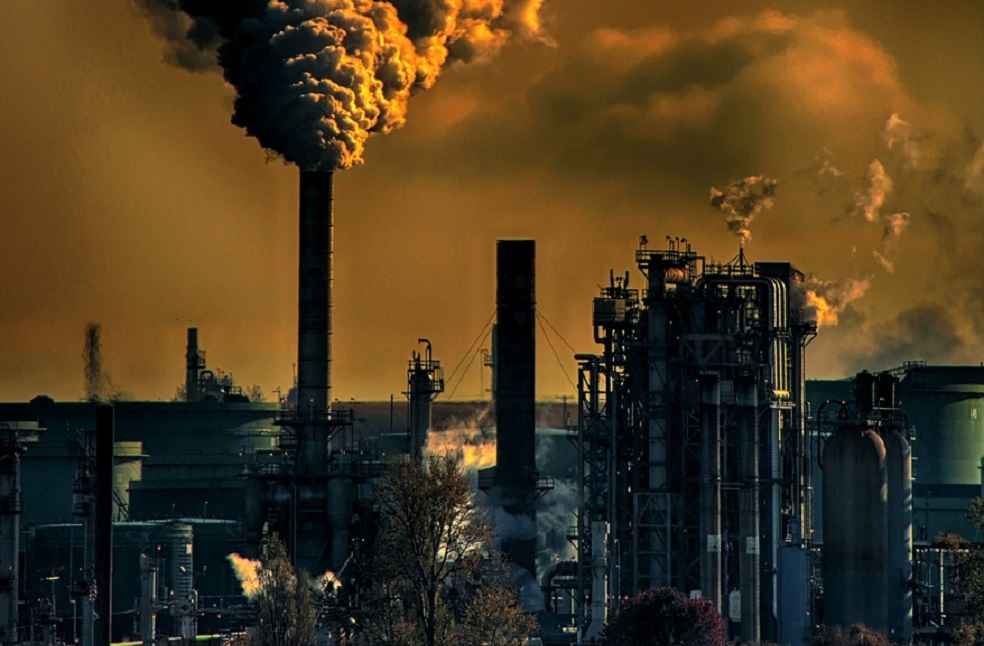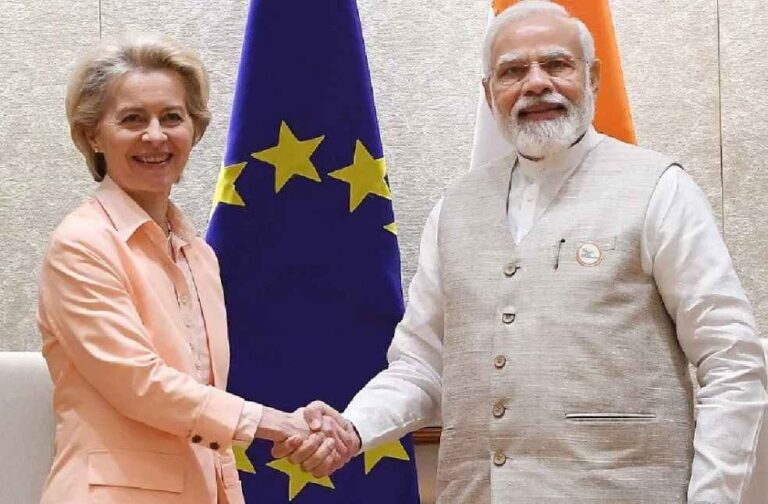India is bracing for a substantial impact on its exports as the European Union (EU) prepares to enforce the Carbon Border Adjustment Mechanism (CBAM), a tax levied on carbon-intensive imports. According to the United Nations Conference on Trade and Development (UNCTAD), India could suffer a loss of $1-1.7 billion in exports, particularly in the sectors of steel and aluminium, which are highly energy-intensive and among the most at risk.

The CBAM, which is set to take effect in a transitional phase from 1 October 2023, initially targets goods and selected precursors with high carbon intensity and a significant risk of carbon leakage: cement, iron and steel, aluminium, fertilisers, electricity, and hydrogen. This 27-nation bloc policy provides for the imposition of a Carbon Border Tax (CBT) on imports of these commodities starting from January 2026. Given the potential for an expanded product range over time, the impact of the tax could intensify for developing countries like India.
The central concern for India, as outlined by Ajay Srivastava, founder of the Global Trade Research Initiative, lies in the anticipated rise in export costs, particularly in the steel sector. The CBAM implementation could lead to higher prices for Indian exporters, reduce their competitiveness, and depress demand for their goods in the EU market.

The EU’s tax initiative, aimed at incentivizing major economies to adopt similar carbon taxation measures, is designed to charge specific imports based on the amount of carbon dioxide produced during their manufacturing. The scheme is planned to be enacted in two stages, beginning with a transitional phase in October 2023, during which only carbon emission reporting regulations will apply, with no Carbon Border Tax required.
In response to this development, Indian finance and commerce ministries are reportedly in discussions to implement a similar carbon border tax. The focus lies in creating a mechanism to measure the carbon content in products imported from Europe. Considering the EU’s CBAM as essentially a rebranded customs duty, sources within the government suggest that India might also impose a tax on imports, factoring in historical carbon emissions.

However, critics argue that the blending of environmental and trade issues could distort global trade, labeling certain countries as pollution havens based on one entity’s domestic standards. Biswajit Dhar, an expert in international trade, views the CBAM as a “non-tariff barrier” which could contravene World Trade Organization (WTO) rules.
In anticipation of the possible global shifts, an inter-ministerial group in India is evaluating measures to alleviate the impact not only of the EU’s CBAM, but also of similar legislation considered by other developed nations like Japan, the UK, and the US. This includes the development of India’s own carbon pricing system, aiming for global recognition to prevent a default value imposed on Indian exports.

Critics further contend that the CBAM violates the principle of common but differentiated responsibilities (CBDR), a crucial element of international environmental law. This principle underscores the need to recognize the economic disparities between countries and their varying contributions to climate change, suggesting that while all countries bear responsibility for addressing environmental destruction, their contributions are unequal. The CBAM, critics argue, fails to take these factors into account, potentially leading to an imbalance in global trade.
DON’T MISS IT: Global Supply Chains: Navigating Change Amid Market Uncertainty



